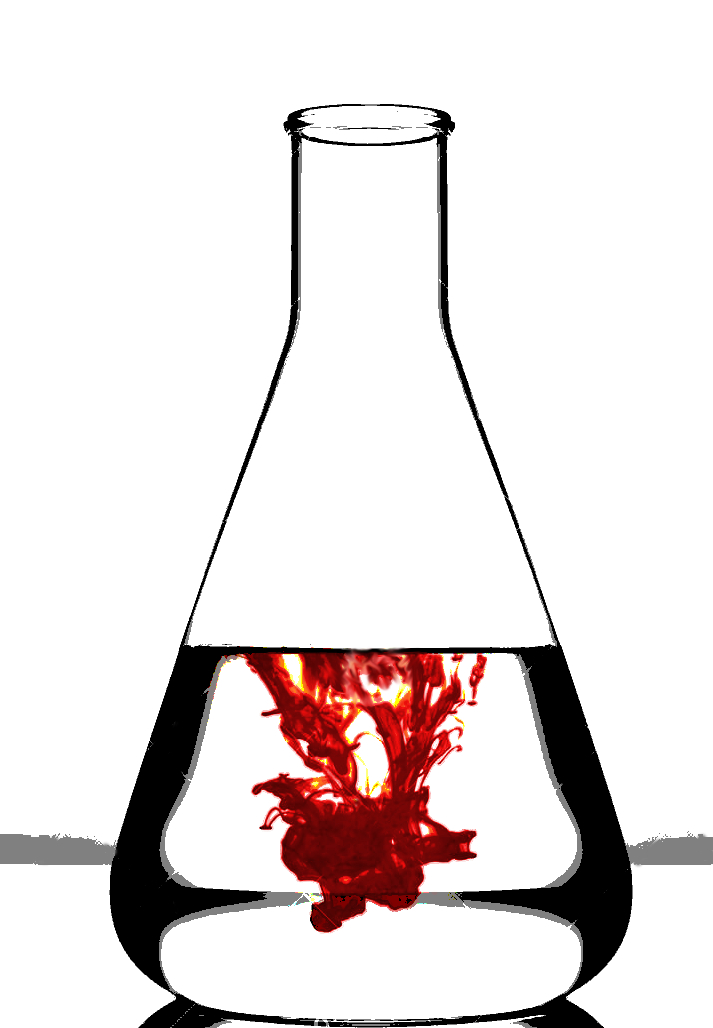Science frees Folbigg
 A concerted effort by scientific authorities has helped secure the release of Kathleen Folbigg from prison after 20 years.
A concerted effort by scientific authorities has helped secure the release of Kathleen Folbigg from prison after 20 years.
In a landmark decision, Kathleen Folbigg, who had been serving a prison sentence for the murder of her four children, has been granted a pardon and released from jail.
The announcement was made by New South Wales (NSW) Attorney-General Michael Daley, who stated that a recent inquiry headed by retired Chief Justice Tom Bathurst had found reasonable doubt in Folbigg's guilt.
During a packed media conference, Attorney-General Daley revealed that Chief Justice Bathurst firmly believed in the existence of reasonable doubt in the case.
After seeking legal advice and carefully considering the options, Daley concluded that exceptional circumstances warranted the grant of a free pardon in the interests of justice.
Following his recommendation, Daley met with NSW Governor Margaret Beazley, who subsequently exercised the Royal prerogative of mercy and granted Folbigg an unconditional pardon.
The attorney-general personally informed Folbigg of the decision, and he also reached out to Craig Folbigg, the father of the deceased children, to convey the news.
While Folbigg's lawyer, Danny Eid, clarified that Craig Folbigg's view on Kathleen's guilt remained unchanged, supporters of Kathleen Folbigg welcomed the pardon as a long-awaited victory for justice.
It comes after an inquiry uncovered new scientific evidence suggesting that the deaths of Folbigg's children could have been due to natural causes.
Expert witnesses revealed the presence of a rare gene mutation, CALM2 G114R, which may have played a role in the deaths of two of the children, Laura and Sarah.
The mutated CALM2 G114R protein can fail to bind properly with its receptors, and therefore fail to regulate the passage of calcium ions into cells. This can lead to dangerous arrhythmia of the heart. While the genetic condition itself is extremely rare, those with the condition stand a serious chance of death.
This discovery fundamentally altered the understanding of the circumstances surrounding the deaths.
Furthermore, the inquiry challenged the reliability of Folbigg's diary entries, which were previously seen as incriminating evidence.
Experts who analysed the entries concluded that they reflected the expressions of a depressed and grieving mother rather than admissions of guilt.
The Australian Academy of Science, acting as an independent scientific adviser to the inquiry, welcomed the pardon and stressed the need to create a more science-sensitive legal system.
The inquiry into Ms Folbigg’s convictions is believed to be one of the first times worldwide that a learned academy has acted as an independent scientific adviser during a public inquiry into an individual’s criminal convictions.
The Academy has acknowledged the contributions of many of the scientific experts from across the world who were called to give evidence at the Inquiry.
In particular, the work of Academy Fellow Professor Carola Vinuesa FAA FRS, whose research with 26 co-authors, in a leading international medical journal, led to the establishment of the vital second inquiry.
Academy President Professor Chennupati Jagadish expressed relief that science had been heard in the case and called for routine incorporation of complex and emerging scientific evidence in the justice system.
In March 2021, over a hundred eminent scientists, including several Nobel Laureates, signed a petition seeking the immediate release of Kathleen Folbigg.
With the pardon granted, attention now turns to potential legal action. The head of the inquiry, Chief Justice Bathurst, may refer the case to the Court of Criminal Appeal to consider whether the convictions should be quashed. Kathleen Folbigg could then pursue compensation from the state of NSW or seek an ex gratia payment.
Attorney-General Daley acknowledged the enduring ordeal for all parties involved and expressed his hope that the decision would provide some closure to this two-decade-long matter.
Science has been heard at the Folbigg Inquiry from Australian Academy of Science on Vimeo.








 Print
Print